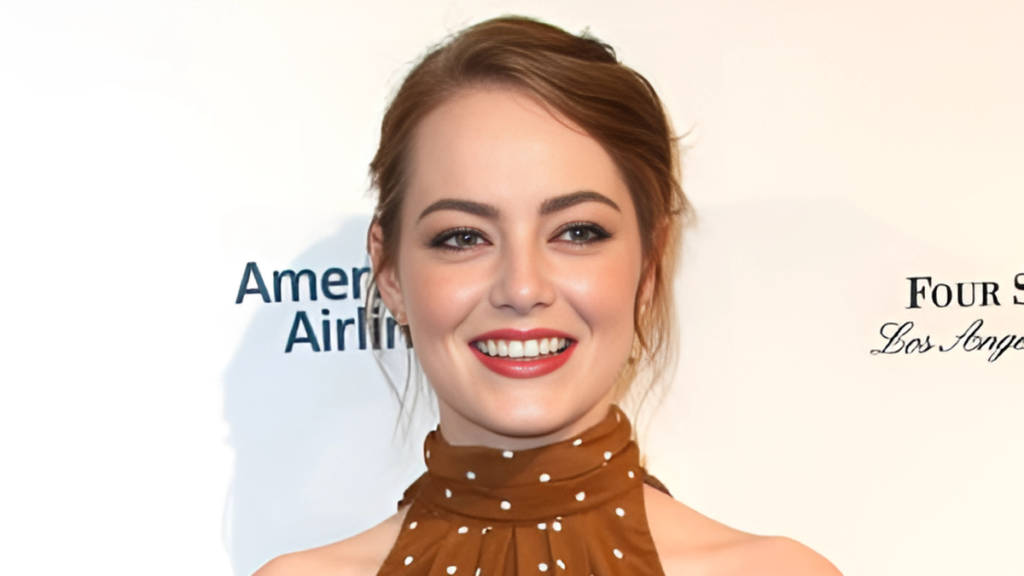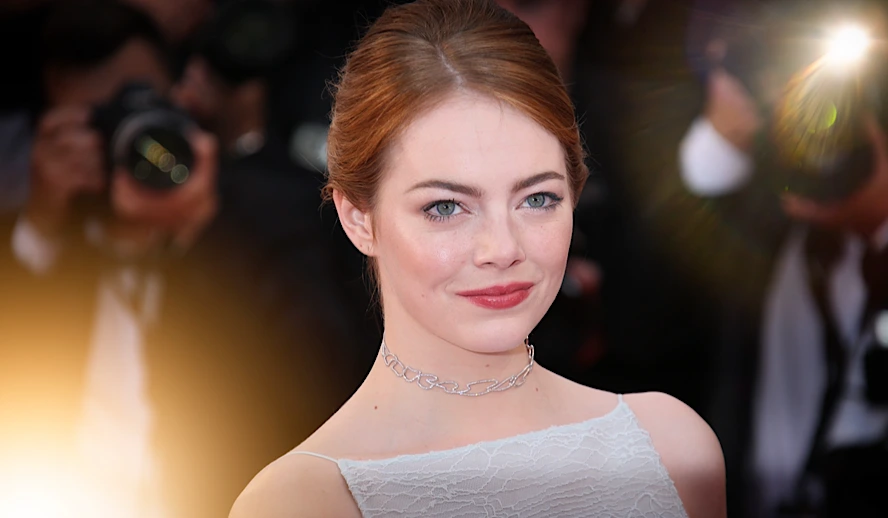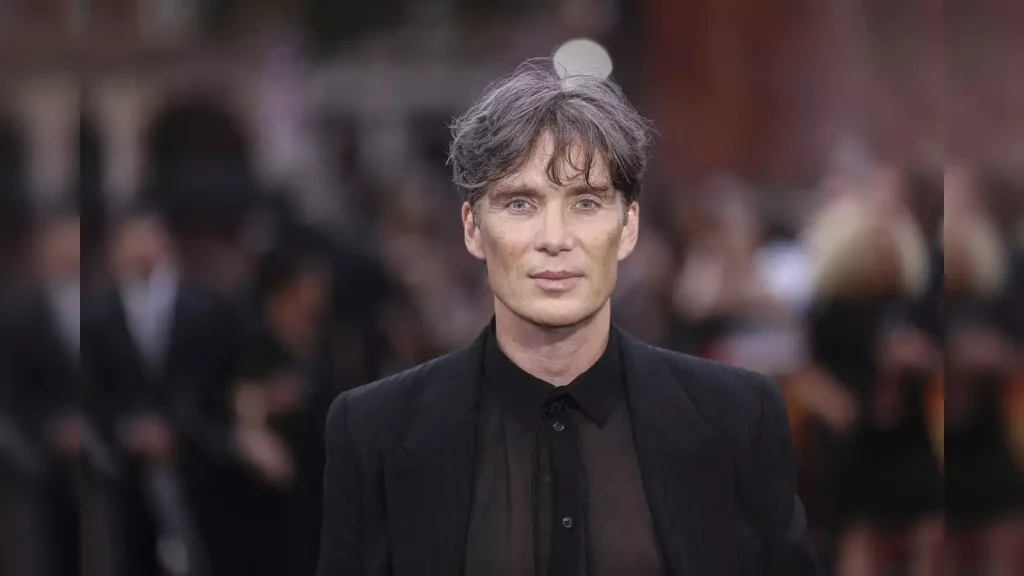
Cillian Murphy’s rise from a relatively unknown Irish actor to one of the most respected and sought-after stars in Hollywood is nothing short of remarkable. But what many don’t know is that this transformation hinged on one critical decision—one that could have changed everything for better or worse. This decision not only defined his career but also shaped his personal life, worldview, and the kind of artist he ultimately became. Curious about what exactly changed Cillian Murphy’s life? Read on to uncover the untold story behind his meteoric rise and the pivotal choice that altered everything — and how it might inspire your own life journey.
The Early Years: A Young Artist’s First Steps
Born on May 25, 1976, in Douglas, a suburb of Cork city, Ireland, Cillian Murphy’s childhood was steeped in creativity and culture. His parents, both teachers, nurtured his artistic interests from a young age. While many young boys his age dreamt of sports stardom or mainstream success, Murphy gravitated towards music, eventually forming a band called The Sons of Mr. Green Genes. However, a lingering curiosity about the performing arts led him to shift his focus toward acting during his teenage years.
While attending University College Cork to study law, Murphy’s passion for theater only grew. He soon realized that acting was his true calling, and by the late 1990s, he was performing in Irish theater productions and small films. Despite his clear talent and charisma, Murphy was cautious, not rushing to chase fame but instead honing his craft and choosing roles that resonated deeply with him.
What held Murphy back from taking the fast track to Hollywood? How did his early choices set the stage for the breakthrough that was yet to come? The seeds of his life-changing decision were planted in these formative years, a period defined by patience and principle. But what happened next would push him beyond his comfort zone in unexpected ways.
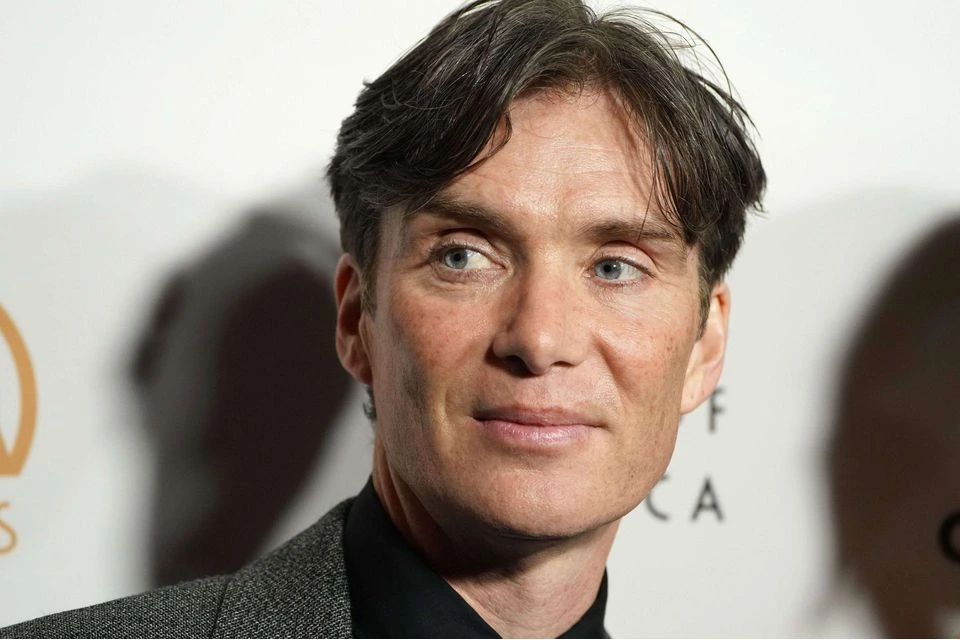
Struggling to Break Through: The Indie Actor’s Dilemma
Before international fame, Murphy’s career was largely confined to indie films and theater roles in Ireland and the UK. Films like Disco Pigs (2001), 28 Days Later (2002), and Breakfast on Pluto (2005) showcased his range and intensity but did little to catapult him into mainstream global recognition. His performances earned critical praise but the box office and mass audience acclaim remained elusive. The struggle was real. Murphy had to navigate an industry that often typecast actors based on looks or marketability. His piercing blue eyes and striking features made him a favorite for villainous or mysterious roles, but the offers didn’t always align with his artistic values.
During this phase, many actors might have compromised their vision for fame, yet Murphy remained selective. He believed that the right role, the right moment, would come—and when it did, it would be transformative. But what was that role? And why was accepting it considered so risky at the time?
The answer lies in the next chapter of his career — a decision that surprised fans and industry insiders alike.
The Bold Choice: Accepting the Role of Thomas Shelby in Peaky Blinders
In 2013, Murphy was offered the role that would redefine his career — Thomas Shelby, the cunning and ruthless leader of the Peaky Blinders gang in Birmingham, England. The TV series Peaky Blinders was a dark, stylish crime drama created by Steven Knight, centered around post-World War I British gangsters.
For Murphy, the role was a gamble. The show was new, untested, and its period setting was unconventional compared to the usual Hollywood fare. But the complexity of Thomas Shelby intrigued him. Shelby was no hero—he was flawed, intelligent, and ruthless, with layers of vulnerability beneath his tough exterior. Murphy saw a challenge in bringing this character to life authentically.
Accepting this role meant committing several years to a TV series at a time when many actors preferred film roles for bigger exposure. Some questioned if it was a step backward for Murphy, but he trusted his instincts.
What happened after he said yes? How did this decision open doors Murphy hadn’t imagined? The answer is a story of artistic triumph, growing fame, and the unexpected cultural impact of Peaky Blinders. But it wasn’t all smooth sailing…
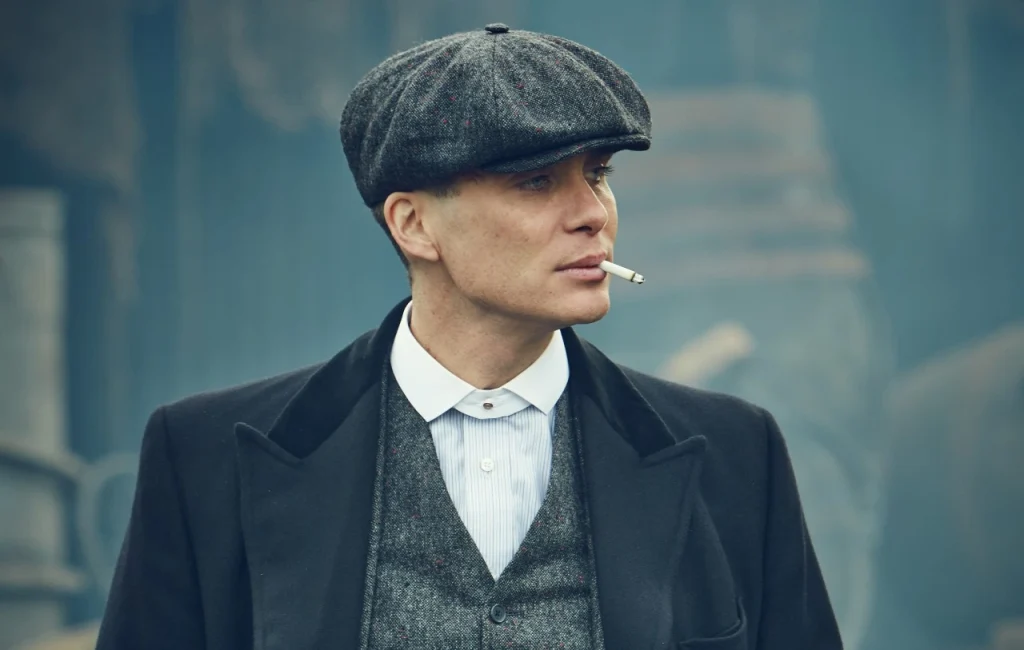
The Rise of Peaky Blinders: A Cultural Phenomenon
Peaky Blinders premiered to modest viewership but quickly became a cult favorite, thanks in large part to Murphy’s magnetic portrayal of Thomas Shelby. His performance was praised for its depth and nuance — he perfectly balanced Shelby’s cold calculation with subtle emotional undercurrents, making the character both terrifying and sympathetic.
The show’s stylish cinematography, gripping storytelling, and strong ensemble cast helped Peaky Blinders gain global acclaim, especially after Netflix picked it up for international streaming. Murphy’s name became synonymous with the gritty, charismatic gangster, earning him legions of fans and critical accolades.
This newfound fame was a double-edged sword. While Murphy’s career soared, he also faced the challenge of typecasting and intense public attention. How did he handle the pressures that came with being the face of such a hit series? How did it change his approach to future roles and life outside the spotlight?
His answer was grounded in the very decision that set this all in motion—the decision to stay true to his craft and values despite the whirlwind of success. But the ripple effects of this choice were far-reaching, both professionally and personally.
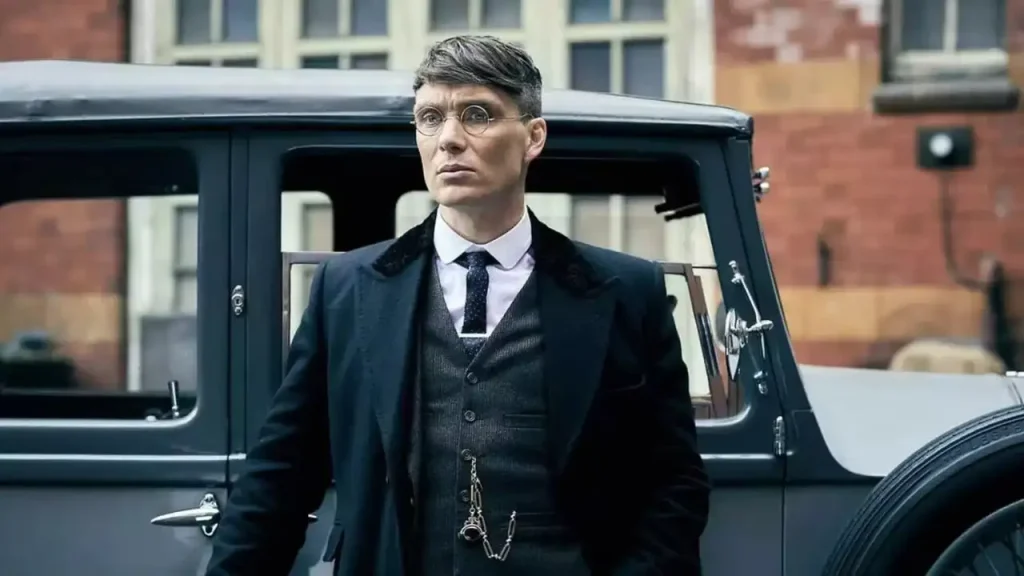
Hollywood Beckons: From Shelby to Blockbuster Stardom
While Peaky Blinders secured Murphy’s position as a TV star, Hollywood beckoned with bigger projects. He had already worked with acclaimed director Christopher Nolan in films like Batman Begins (2005), but post-Peaky Blinders his star rose sharply in the film world.
Roles in Nolan’s Inception (2010) and Dunkirk (2017), among others, solidified Murphy’s reputation as a versatile actor capable of handling blockbuster and arthouse films alike. His role as the Scarecrow in The Dark Knight trilogy remains iconic and showcased his ability to transform into psychologically complex villains.
Yet, Murphy’s choices post-Peaky Blinders reflected his ongoing commitment to challenging, meaningful roles rather than simply commercial success. How did he balance the allure of Hollywood fame with his personal standards? What impact did his Peaky Blinders decision have on his reputation among directors and producers?
More importantly, how did this career expansion affect his life behind the scenes? The answers reveal the depth of Murphy’s dedication to authenticity and growth.
Life Beyond the Screen: Personal Growth and Values
Though his public persona is defined by intense, sometimes brooding characters, Murphy is known for being grounded and private in real life. After the surge in fame following Peaky Blinders and major films, he made conscious decisions to protect his personal space and focus on what truly matters—family, health, and self-care.
Murphy married Yvonne McGuinness, an artist and filmmaker, in 2004, and they have two children. Throughout his rise to fame, Murphy has maintained a low-key lifestyle, avoiding tabloid culture and celebrity excess.
How did his decision to accept Thomas Shelby shape his personal life philosophy? What sacrifices did he make to balance work and family? How does his private life reflect the lessons learned from the unpredictable world of acting?
Murphy’s story teaches us that behind every career-defining choice lies a human story filled with growth, resilience, and the pursuit of happiness.
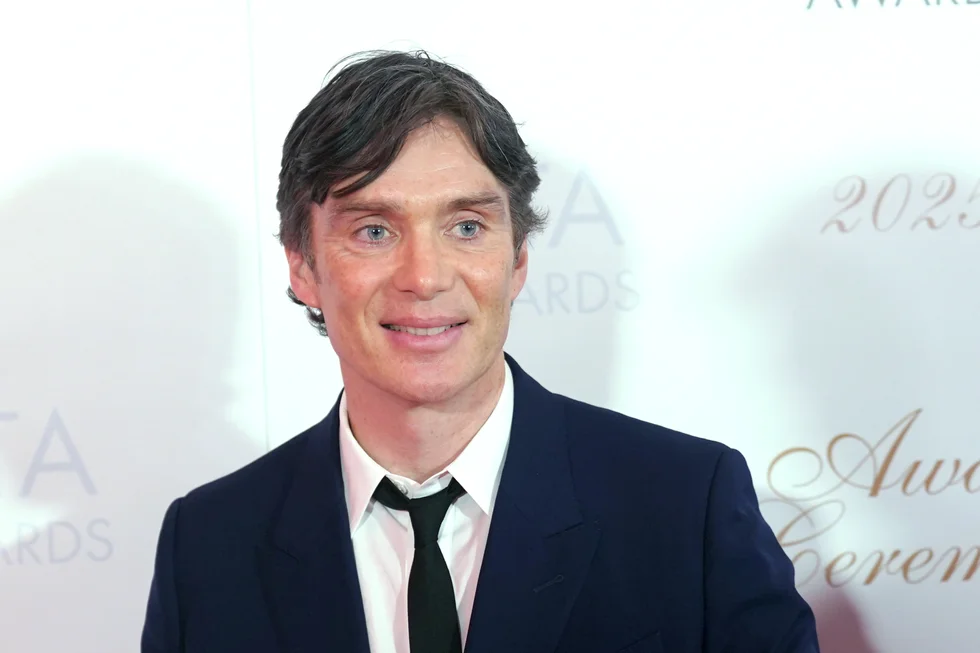
The Legacy of a Life-Changing Decision
Looking back, the decision to embrace Thomas Shelby’s complex world was the turning point in Cillian Murphy’s life. It was a risk fueled by artistic passion, self-belief, and a refusal to settle for conventional paths.
His journey offers valuable lessons for creatives and professionals everywhere: the importance of trusting your instincts, the power of perseverance, and the impact of making choices that align with your true self.

